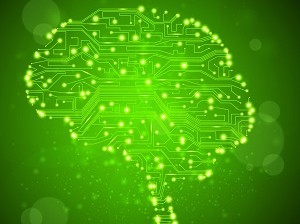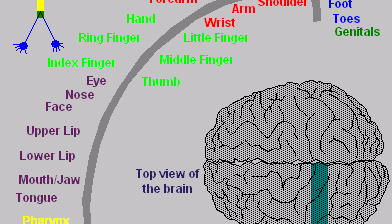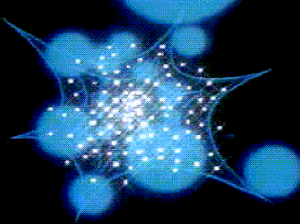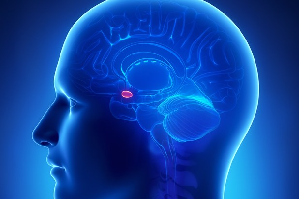14 Mar That’s so Random!

Random Probability Theory Some things are difficult to predict, and some are nearly impossible to predict. The further a thing gets from predictable, the more nearly it approaches randomness. It may seem silly to try to define chaos or randomness or anything that spends its entire existence trying to defy definition, but some of us […]
25 Oct Chaos and Order, Fractals and Language Power

Fractals may appear chaotic when viewed from a distance, but they exhibit recognizable patterns or mirrored structures when viewed up close. So, too, there is a distance we humans must travel from the chaotic structure of a thought to the regular structure of a meaningful dialog made of symbols in the form of audible words and body language. […]
31 Mar Asymmetrical Balance, True Love and Chaos

Inequality is the Pattern Unequal distributions characterize everything in the universe from subatomic particles to galaxies. In fact the whole idea of “equality” in the physical universe seems at least a tiny bit sketchy. At the extreme end of unequal distributions is chaos. On the near end are things that approximate equality: balance, parity, equal opportunity, symmetry […]
19 Mar Neural Networks – Section 3 Intro

It’s all in your head My posts on Brains and Neurons show us there is a sense of structure and order in the brain. By looking at the brain’s areas, we see how each plays a special role in processing the information necessary to support human cognition and other activities. We’ve looked at neurons and learned that each type has its own components, […]
06 Mar Correlation in Neuroeconomics

I find that driving when my body is tense, especially on slick roads or in poor visibility, is uncomfortable to the point of danger. Stress is a killer. I found, as a student, that relaxing at the piano just before going in to the test helped me perform better (on the test). I think many […]
30 Aug Eclecticism and Cognitive Modeling

Cognitive Science Hybrids in plants and automobiles are great. Perhaps in computers and apps as well. I have always thought of myself as deeply interested in the “cross-pollination of ideas.” This includes, when appropriate, snipping sequences and splicing to create genetically modified innovations. The posts in the Understanding Context blog span the knowledge and theories […]
27 Aug Brain Correlation Processes

Many computer systems focus on a single capability, one task or just one dimension of a complex process. Sentient brain activity is an example of a complex process with many dimensions. Optical character recognition, such as identifying a capital “Q” on a piece of paper, is an example of a problem with three dimensions: Length, […]
21 Aug How Do You Think?

Weighing the Options As part of my quest for the truly intelligent system, I have invested much in investigating and attempting to describe how people think. I am particularly concerned with how people integrate multiple ideas or constraints into their thinking and decision-making processes. More ideas help make better decisions: consider my posts on exformation and […]
11 Aug Emotion – The Perturbable Mr. Amygdala

Fear and the Amygdala Have you ever been asked not to be so emotional, or on the contrary, to show more emotion? Or have you been asked to suppress a specific emotion, such as fear? I recall a scene from an Indiana Jones movie in which, after a scene of amazing heroics, a pilot tells […]




